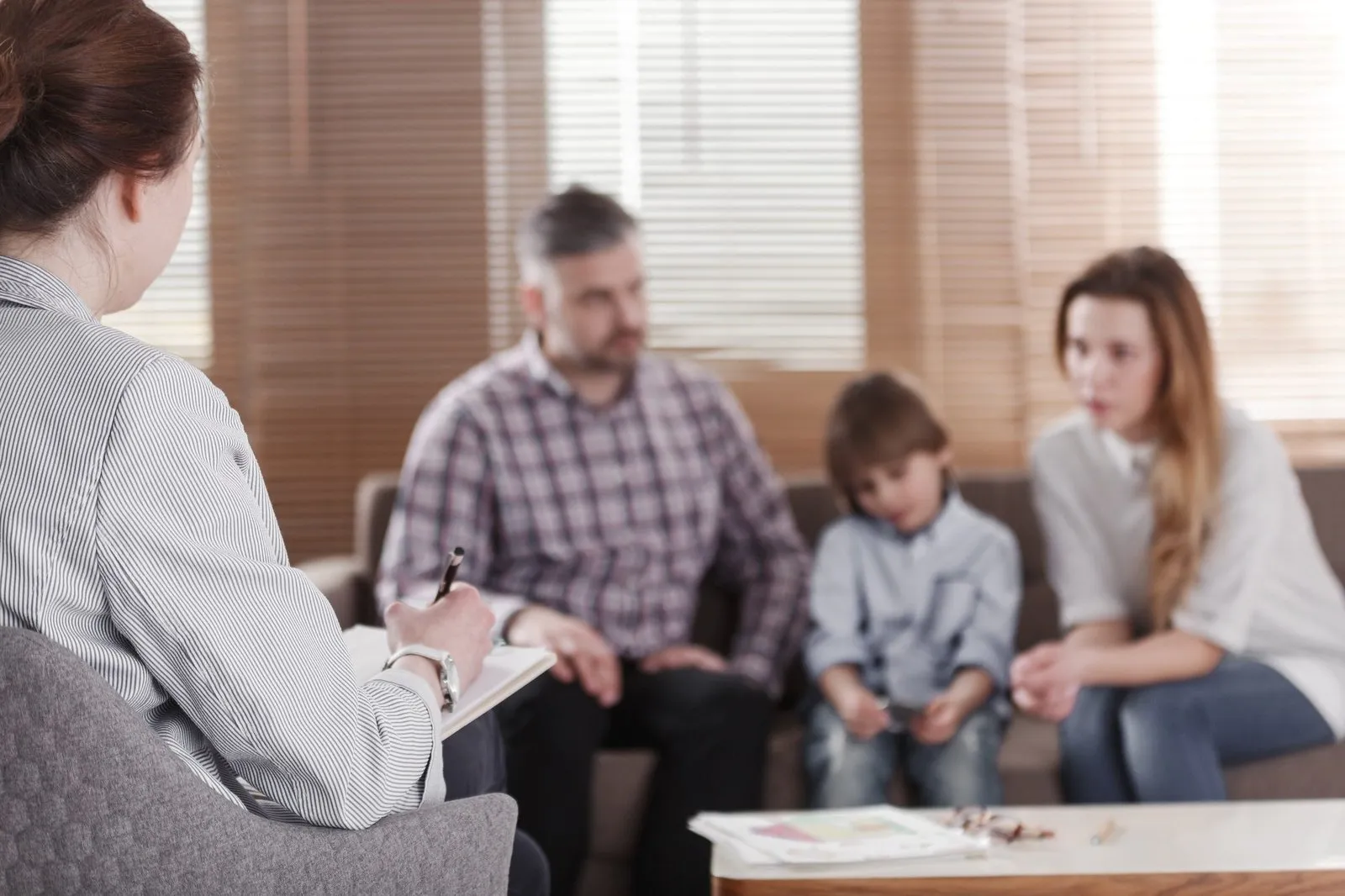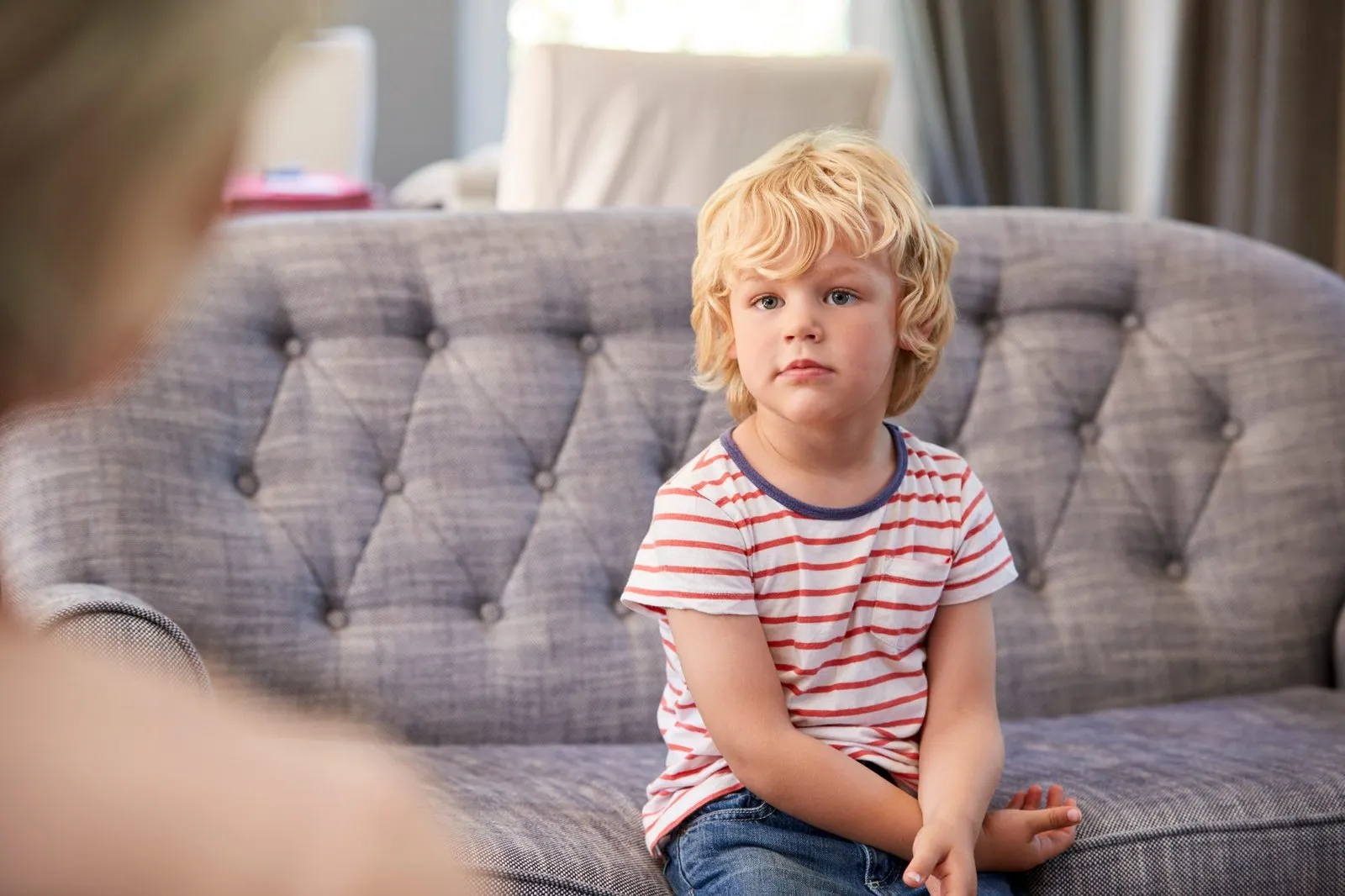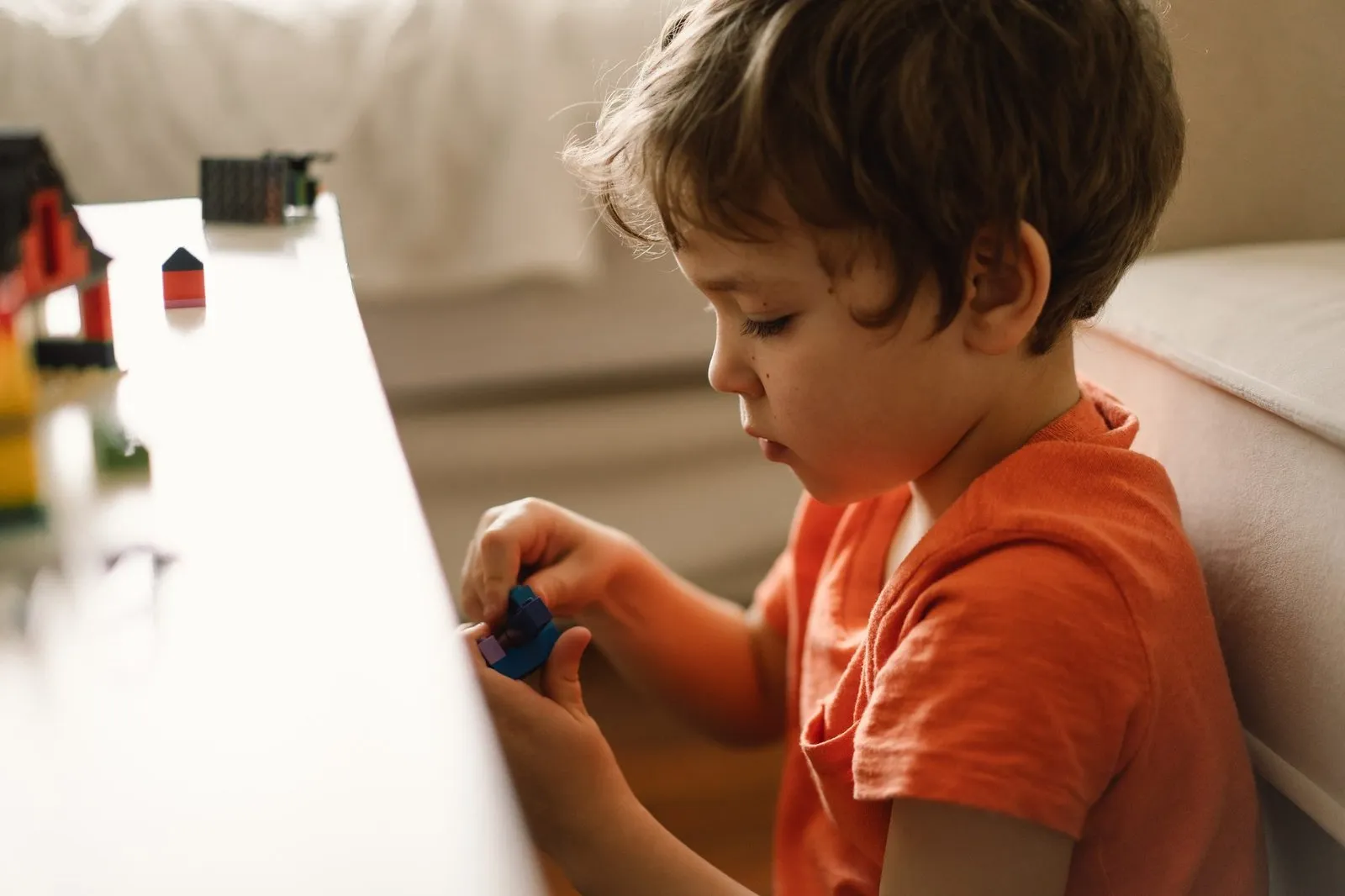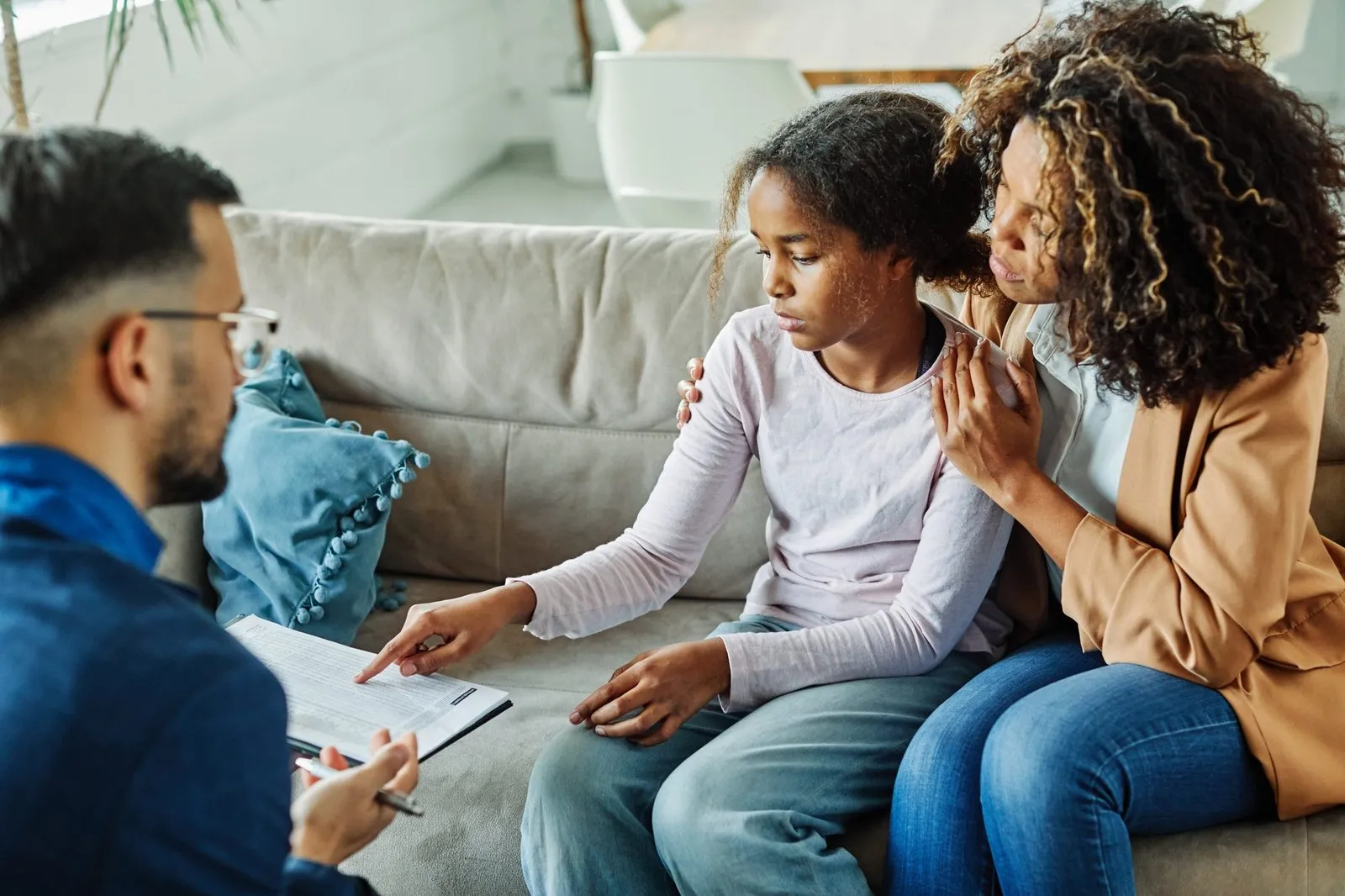
What is Child Abuse & Complex Trauma?
Child abuse, also referred to as maltreatment, encompasses physical, emotional, sexual abuse, and neglect.
It can occur in various environments, including within families, schools, or institutional settings.
Abuse can be a single traumatic event or ongoing mistreatment, significantly impacting a child’s emotional, psychological, and physical well-being.
Complex trauma refers to repeated or prolonged exposure to traumatic experiences, such as ongoing abuse or neglect, impacting the their ability to regulate emotions, form secure relationships, and develop a stable sense of self.

Types of Child Abuse & Complex Trauma
Maltreatment typically involves any, or a combination of the below experiences.
Physical Abuse: Intentional harm, including hitting, burning, or excessive physical punishment.
Emotional Abuse: Persistent criticism, humiliation, or rejection, leading to long-term psychological distress.
Sexual Abuse: Any form of sexual contact, exploitation, or exposure to inappropriate material.
Neglect: Failure to provide for basic needs, such as food, shelter, medical care, or emotional nurturing.

Impact of Child Abuse & Complex Trauma
Unfortunately, there are many ways that someone will be impacted by maltreatment, which will vary person to person. However, some of the more common outcomes include:
Emotional and Psychological Impact: Anxiety, depression, low self-esteem, self-harm, and difficulty trusting others.
Behavioural Challenges: Aggression, withdrawal, difficulties in school, or high-risk behaviours.
Cognitive Difficulties: Trouble concentrating, memory problems, and difficulty learning.
Physical Symptoms: Sleep disturbances, headaches, digestive issues, or chronic pain.
Attachment and Relationship Issues: Difficulty forming healthy relationships due to fear of abandonment or mistrust.

What is the Best Treatment for Child Abuse & Complex Trauma?
Addressing child abuse and complex trauma requires a multi-faceted approach that prioritises safety, emotional healing, and skill-building.
Evidence-based treatments recommended by NICE and SIGN guidelines include:
Trauma-Focused Cognitive Behavioural Therapy (TF-CBT): A structured, evidence-based approach that helps individuals process trauma, manage distress, and develop coping strategies.
Eye Movement Desensitisation and Reprocessing (EMDR): Supports trauma recovery by reprocessing distressing memories to reduce emotional intensity.
Attachment-Based Therapies: Focuses on improving relationships and rebuilding trust in others.
Play Therapy and Expressive Therapies: Beneficial for younger children who may struggle to verbalise their experiences.
Psychological Support for Parents/Caregivers: Education and support to improve caregiving responses and strengthen the child’s recovery process.
Early intervention can significantly improve emotional resilience, coping strategies, and overall well-being.
Anytime. Anywhere.
We’re here when you need us.







.svg)

.svg)
.png)

